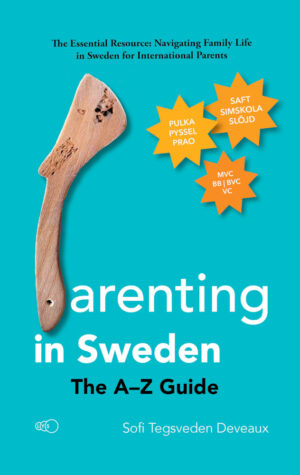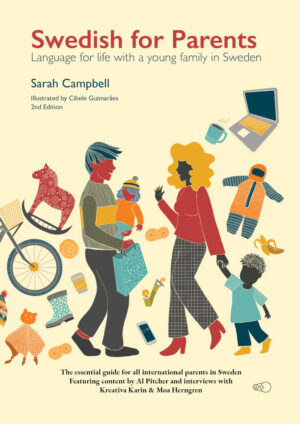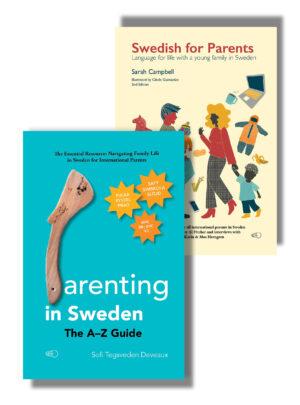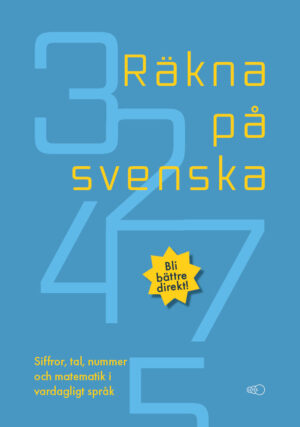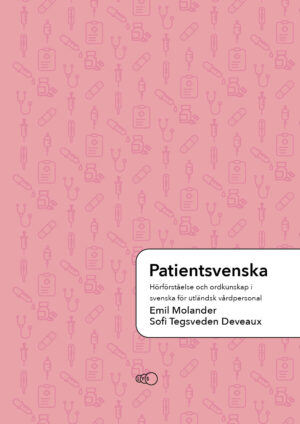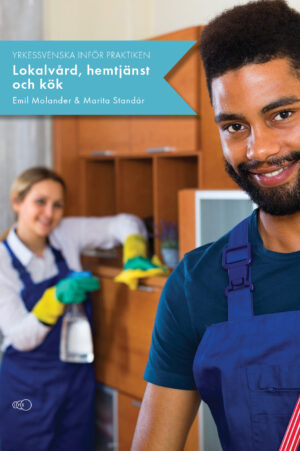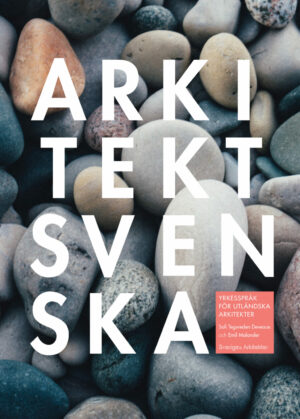I lived in Edinburgh for seven years. Homesickness did not strike until the last few months. I started taking walks in the parks, dreaming of Swedish woods and lakes. The air was still somehow not fresh enough, the sky not bright enough. The food was somehow wrong. Swedish milk – mellanmjölk – became an obsession, as the Scottish equivalent left a bitter aftertaste. I made several experiments with dry yeast, trying to recreate the wheat doughs from my childhood. Kanelbullar, kardemummalängder, semlor. They just would not taste the same.
I ached. I ached to swim in black forest lakes, to see the sun rise before I went to bed. I ached to watch observe dancing birch branches under blue summer skies. I needed to step on fresh, cold snow that creaked under my boots.
Eventually, I packed all my books and returned to Stockholm. This is eight years ago. And although I am taking every opportunity to swim, to breathe forest air, to rediscover the subtle beauty of Nordic scenery, I am yet not cured. It seems like I need to overcompensate for all the time I missed, to indulge myself in the natural and cultural landscapes of my upbringing.
And at the same time as I cannot have enough of what I see as ingeniously Swedish, the same crisp air, the personal freedom and the individualism, the non-urbanity, the rituals around conformity, I know that these are the things that make you long for your own home, another place. What soothes me, distresses you.
Homesickness and nostalgia are not new phenomena, nor are you alone to experience it. But you are painfully alone in your experience.
But homesickness is much more than spatial longings. Understanding what is actually missing you makes it easier for you to deal with your homesickness, and finding ways of creating a context for yourself in your new culture.
You miss your routines
A life without routines is a nightmare. Displaced from your original setting you may find yourself fleeting without sense of direction, looking at new things but never settling
Your job is to recreate your routines, and adjust them to your new home. To create new routines that will follow you for years. It is not a one day job, because routines requires time. Give it time.
You miss being active
One reason why you are not feeling so well is because you have become isolated. You stay at home too much, not knowing what to do. Spending too much time on Skype and social media comparing yourself to your friends back home will not help.
You miss being confident
Of course, the language plays a huge role in this. You miss being able to participate in an interesting conversation. You hate feeling embarrassed at work when everyone looks at you with confusion. You hate being overlooked because the way you communicate does not match your competence or your thoughts.
You miss your social skills, interpreting things right, knowing your etiquette, seeming professional. In your new environment, you feel awkward, clumsy, out-of-place. You are never really sure whether you have been polite or not.
You miss your opportunities
Without your confidence, the world seems smaller. You may have turned into a quieter person. You tell fewer, worse, or no, jokes. You are being overlooked. You fear things.
Step outside your comfort zone. Do not confront a big fear, go for the smaller ones first. Doing things you are scared of on a regular basis will boost your confidence and give you a richer experience of
You miss doing things you love
You might not know how to get back into your interests, hobbies, activities. Where to find the right materials, like-minded people, infrastructure. But Swedes are active, and diverse interests are common. There will be similar or equivalent possibilities to engage in what you believe in. One good thing about Sweden is the institutionalised approach to free time. There are plenty of associations and organisations that can help you to do what you care for. This way, you do not need friends or pre-existing contacts to join in any activity. Associations can be found online. Ask someone to help you to find the right people and search terms.
You miss the people
Of course, your family, your friends, your colleagues, random strangers. You miss the behaviour, the way you could interact with others. The eccentric behaviour of shop owners, the opportunity to chat to anyone.
You miss being able to map people from the way they look, the way they speak, the way the dress, where they hang out. In your new country, everyone seems to be the same. You lack the common references, the shared stories to rely on. You do not know on what to build your trust.
Stay in touch with the ones you love, but focus not only on what you used to have together, but develop your relationship to your current status. Invite them to visit you in your new home, explore your new country together. If you were involved in a particular activity, say singing in a choir, do not only join a new choir, but find a way to make your new choir and your old choir to connect. Could you sing the same pieces, visit each other, learn songs in each other’s languages? Create connections, in both directions. Do not make relationships stagnate.
You miss the food
When I grew up in the 1980’s, olive oil was something you could buy overpriced, in tiny bottles, from the state-owned pharmacy. For constipation. I remember the first time we had chicken, when unsweetened bread appeared in the supermarkets. Tacos was introduced in the early 90’s as something extremely exotic and international. Thai food arrived half a decade later. The first time I saw a piece of ginger I bought it for my mum for her birthday. I was stunned by the shape. Adding one clove of garlic to a pot made was considered as making it ‘spicy’.
Things change.
Sweden is no longer like this. With a bit of research and effort, you can get hold of most ingredients, or their equivalents, at least in the big cities. Things can be purchased online. Recipes are available. You can learn how to cook your favourite meal. It may take a few attempts before it tastes the way it should. You need to adapt the way you use ingredients.
You miss your social status and connections
As a newcomer and not yet proficient in the local language, you probably feel lesser than yourself, more stupid, childish, not able to express your thoughts.
No one in Sweden recognises your university degree or the companies you worked for. Suddenly, you have no important connections, and at the same time, connections matter more than ever.
If you have a prestigious title, no one cares.
You miss the comfort
Of being taken care of by people who know you. You miss the comfort of knowing how everything works. Solving practical problems was never such a huge deal before you left your home country.
You miss the weather
Yes, Sweden is cold, I will not argue about that. But you can do a lot about yourself, investing in some appropriate clothing so that you can actually spend time outside. I believe what you miss more than good weather is the opportunity to spend time outside.
You miss knowing your surroundings
Home – work – supermarket. Home – work – supermarket. Does this sound familiar to you? If so, it is time to explore your local surroundings. Get to know the place where you live. Try new restaurants, cafés, walks, sports. Any place is boring if you do not give it a chance.
You miss loving the place where you live
Most places on earth deserve to be enjoyed in one way or another. Take cues from the locals. Are they all into ice-skating on the local lake? That probably means it is an enjoyable experience. Give it a chance. Give it time.
You miss yourself
Your identity is heavily contextual. If you feel smaller than before, give yourself context – as explained above.
© Sofi Tegsveden Deveaux, 2016


